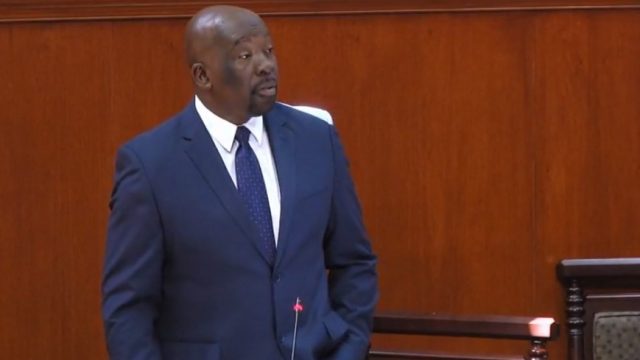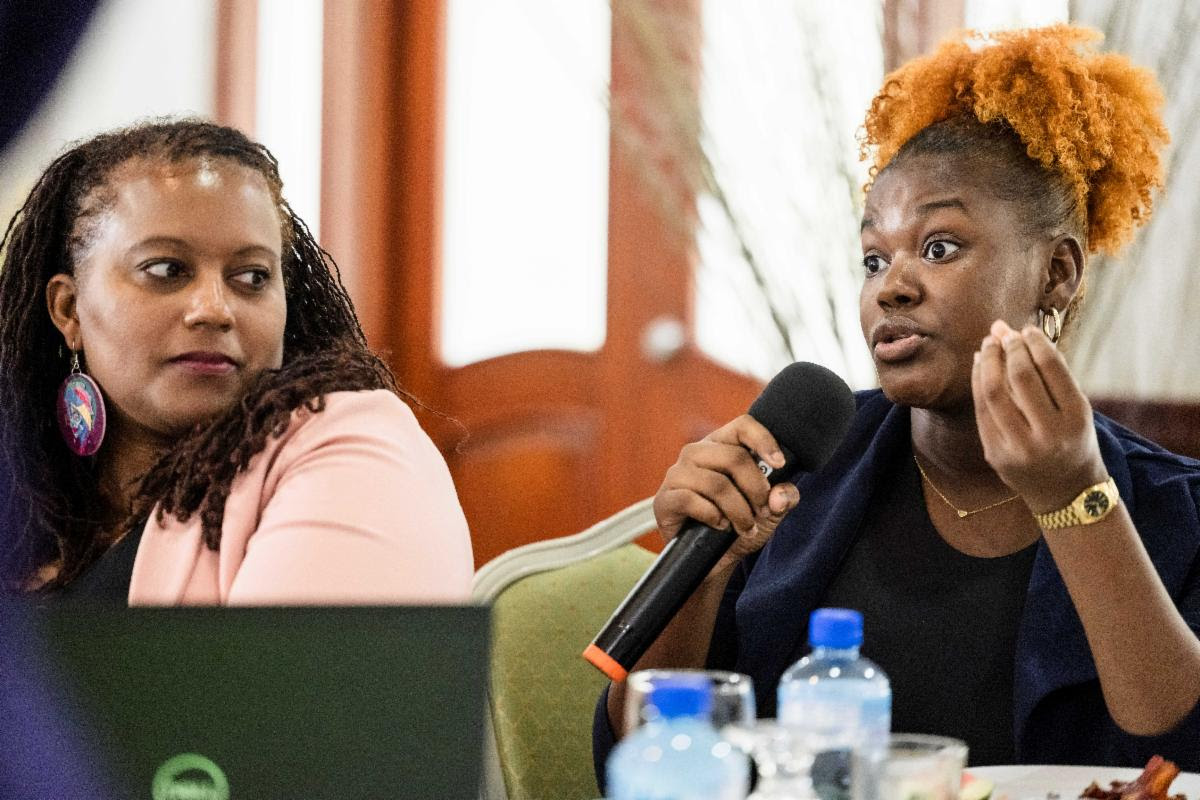The Antigua and Barbuda government says it remains optimistic that an agreement could reached regarding the sale of Scotiabank to a consortium of local stakeholders.
Information Minister Melford Nicholas says while the Gaston Browne administration is maintaining its position regarding the sale of the bank, it is still optimistic that an agreement cane be reached to benefit both parties.
“,,,logic has returned to the conversation and I think that there is going to be in the coming weeks a meeting of the minds again and we may well have a median position that everyone can live with,” he said.
“But clearly, it is just not a question in the government of Antigua and Barbuda’s mind about the continuation of the bank under a different name, but it is about understanding that within the context of that equation there is wealth that is being generated (and) the government of Antigua and Barbuda has clearly stated its position that it wants to be a part of retention of that wealth within the economy,” Nicholas added.
Last November, the Trinidad-based Republic Financial Holdings Limited (RFHL) announced that it was seeking to acquire Scotiabank operations in several Caribbean countries.
Antigua and Barbuda and Guyana had initially expressed reservations about the proposed acquisition, with St. John’s indicating that it would not be issuing a vesting order to facilitate the move.
The RFHL statement said that the banks being acquired are located in Guyana, St. Maarten, Anguilla, Antigua and Barbuda, Dominica, Grenada, St. Kitts and Nevis, St. Lucia, and St. Vincent and the Grenadines.
It said that the purchase price is US$123 million, which represents US$25 million consideration for total shareholding of Scotiabank Anguilla Limited; and a premium of US$98 million over net asset value for operations in the remaining eight countries.
Antigua and Barbuda has said that it wants assurances that local banks will be given priority to purchase Scotiabank’s operations on the island and that local persons’ investments and savings will be protected.
St. John’s, which has already indicated that it would not be issuing a vesting order so as to facilitate the sale of the banl here, had requested a meeting with Scotiabank officials to dismiss the matter and a statement issued after the Cabinet meeting last week noted that the “Cabinet was informed that the parties interested in the sale and purchase are still holding discussions”.
But Nicgholas said that the government is maintain a principled position regarding the sale of the bank and made reference to the controversy that had followed when the government and the Jamaica-based hotel chain, Sandals, were at odds over tax payment.
“When…we have a solution (Scotiabank) and everyone could live with, I think the region will begin to see the value of the position the government has taken,” he said, adding “I see a parallel between this issue and the issue that started two years ago with the Sandals Group.
“And again this is not to peel any scab off an old wound but when the government of Antigua and Barbuda took a position to say look the position that Sandals has was unsustainable and we could not deal with the level of subsidy that was required,” he added.
In April, the Suriname-based Caribbean Community (CARICOM) Competition Commission (CCC) said the intended sale of Scotiabank’s assets in nine Caribbean countries could have anti-competitive effects in at least three CARICOM member states.
“The Commission remains cognizant of the provisions of Article 175 of the RTC (Revised Treaty of Chaguaramas), and at this time reminds national competition authorities and member states of this critical provision.
“The Commission also informs that it shall approach those national competition authorities and sector regulators in affected member states in accordance with Article 176(1), for the conduct of preliminary examinations of proposed transaction between the enterprises,” it said in a statement.




